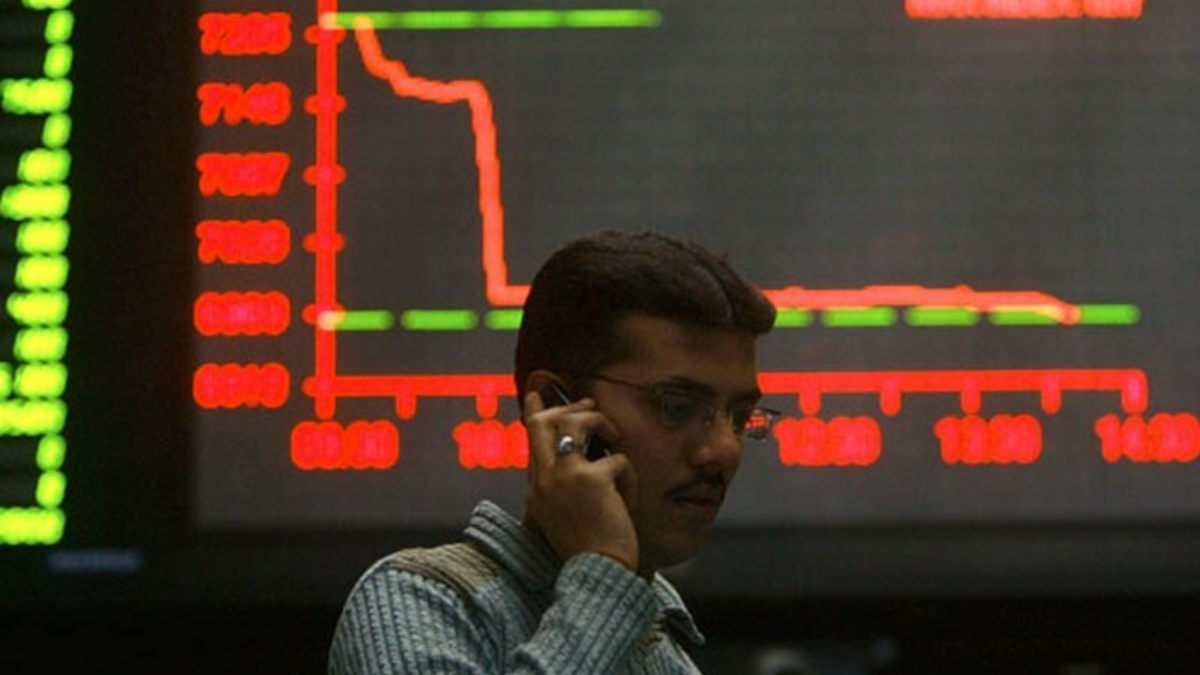Finance Minister Ishaq Dar expressed his unease over the current underperformance of the Pakistan Stock Exchange (PSX) on Sunday, during a meeting held at the Federal Bureau of Revenue (FBR) headquarters in Islamabad. The Pakistan Stock Exchange, previously hailed as one of the highest-performing exchanges in its region, has recently fallen on hard times.
The session, involving representatives from both the PSX and the Mutual Funds Association of Pakistan (MFAP), had the aim of addressing concerns regarding the investor deficit currently plaguing the country. Minister Dar conveyed his commitment to resolving these issues in the forthcoming budget and pledged to foster an environment conducive to investment.
Heading the delegation from PSX were Managing Director and CEO Farrukh Hussain, and Chief Financial Officer Ahmed Ali, while the MFAP was represented by Mir Adil and Arif Qadri. The finance minister’s accompanying party included Dr Aisha Ghaus Pasha, the Minister of State for Finance, SAPM on Finance Tariq Bajwa, SAPM on Revenue Tariq Mehmood Pasha, FBR Chairman Asim Ahmad, RRMC Chairman Ashfaq Tola, among others. Jameel Ahmad, the Governor of the State Bank of Pakistan (SBP), was also in attendance.
In the course of the meeting, MFAP representatives underscored the expansion of Shariah-compliant mutual funds and proposed the introduction of short-term Shariah-compliant sukuk. They also suggested steps that could be integrated into the imminent budget to bolster the mutual funds industry.
Simultaneously, Pakistan Stock Exchange representatives highlighted the loss of market capitalisation over the past six years. Emphasising the stock market’s role as a significant revenue contributor to the nation, they put forth suggestions to inspire greater public participation in stock market investments.
Read More: Prime Minister Shehbaz Sharif Seeks Fresh IMF Bailout Amid Fiscal Challenges
Minister Dar expressed optimism that the upcoming measures will enable the PSX to reclaim its position as a leading stock market in the region.
The KSE-100 Index of PSX, Asia’s foremost performance indicator in 2016, had once offered an astonishing 45% return to the average investor. This golden period, however, was abruptly followed by a significant downturn in 2017. During this year, equity-based funds experienced a slump with negative returns ranging from 10% to 20%, and brokerage firms faced a reduction in their earnings due to reduced trading volumes. The KSE-100 Index ended 2017 with an overall negative return of 15.34%, or a 20% negative return when adjusted for dollar value.



























